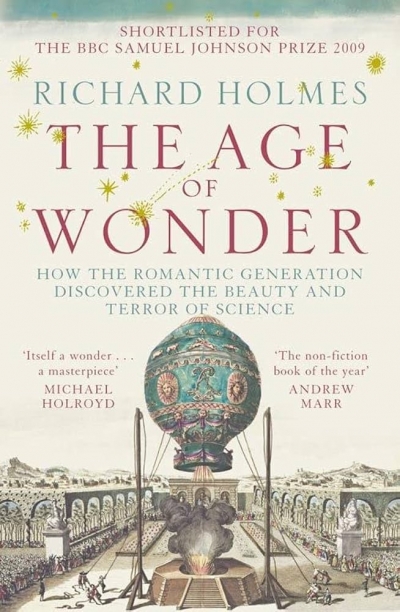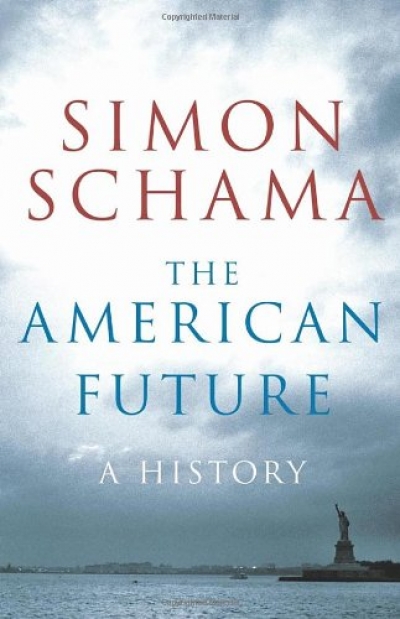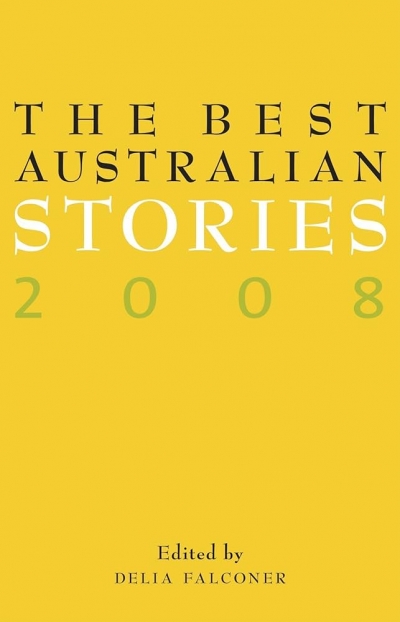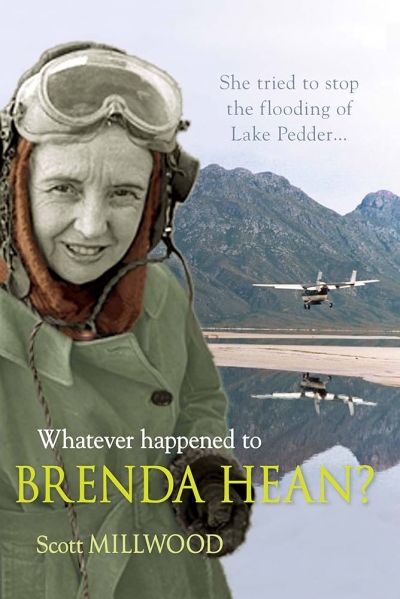Archive
Making Women Count: A history of the women’s electoral lobby in Australia by Marian Sawer
by Kate Goldsworthy •
Comic Commentators: Contemporary political cartooning in Australia edited by Robert Phiddian and Haydon Manning
by Iain Topliss •
The Age Of Wonder: How the romantic generation discovered the beauty and terror of science by Richard Holmes
by John Hay •
Telling a Hawk from a Handsaw by Chris Wallace-Crabbe
by Gregory Kratzmann •
The Best Australian Stories 2008 edited by Delia Falconer
by Jeffrey Poacher •
Whatever Happened To Brenda Hean? by Scott Millwood
by Jay Daniel Thompson •
Arts Of Publication: Scholarly publishing in Australia and beyond edited by Lucy Neave, James Connor and Amanda Crawford
by Jay Daniel Thompson •










